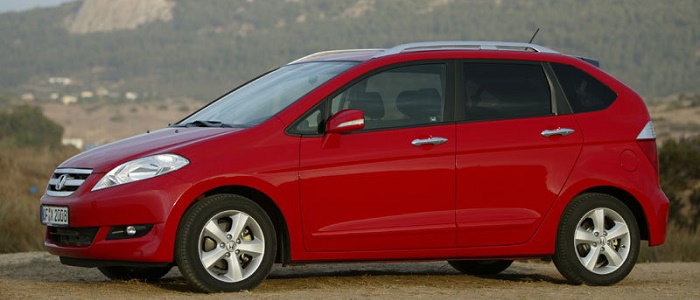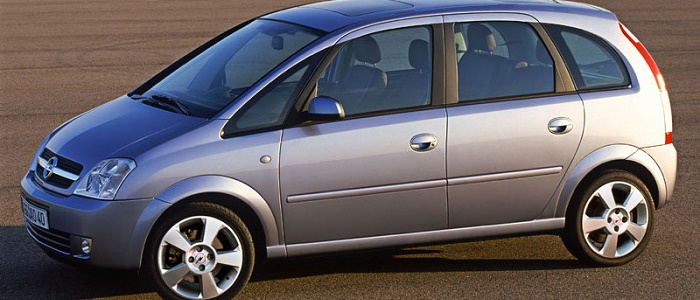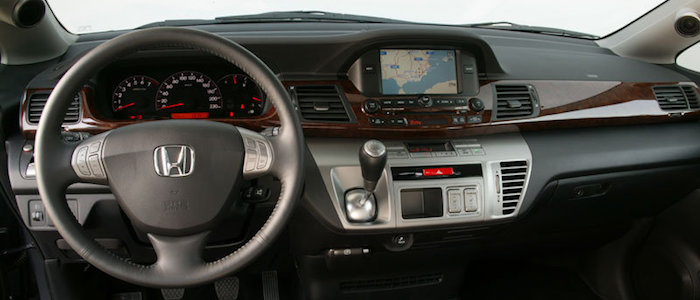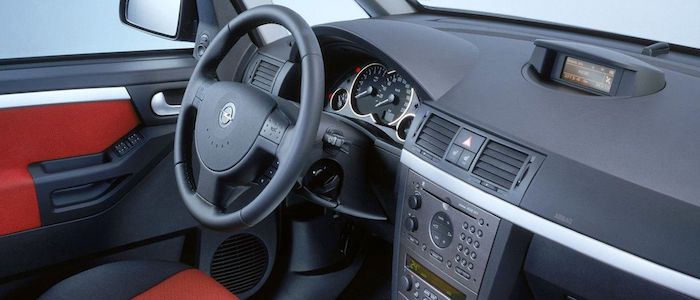Compare two cars
Compare any two cars and get our Virtual Adviser™ opinion
Marketing
Dimensons & Outlines
Engine
1.7 Z17DTH
Performance (manual gearbox)
Performance (automatic gearbox)
Expenses
Virtual Adviser's™ opinion
Well, these are two pretty similar cars we have here! It's only details that could potentially make the difference. Considering they both belong to the mpv segment and utilize the same 5-door MPV body style and the front wheel drive system, it all comes up to the specific diesel engine choice they offer. The first one has a Honda-engineered powertrain under the hood, a 4-cylinder, 16-valves 142hp unit, while the other one gets its power and torque from a 4-cylinder, 16-valves 100hp engine designed by Isuzu.
SafetyA starting point here would be to take a look at the results from European New Car Assessment Programme (Euro NCAP) tests which were performed on both of the cars, with the same number of safety stars gained in the process. Still, apart from the official crash test results there are other things we need to be aware of. Both vehicles belong to the mpv segment, which is generally a good thing safety-wise, but it doesn't do much to help us decide between the two. Furthermore, taking kerb weight as an important factor into account, the Japanese car offers a considerable difference of 24% more metal.
ReliabilityI don't like generalizing things when it comes to reliability, although it does seem that Honda as a brand displays somewhat better results, all the models observed together. These are the results of an independent reasearch, while our visitors describe reliability of Honda with an average rating of 4.7, and models under the Opel badge with 4.2 out of 5. Independent research findings rank FR-V as average reliability-wise, and Meriva is more or less at the same level.Above it all, drivers of cars with the same engine as the Japanese car rank it on average as 4.8, while the one under the competitor's bonnet gets 3.9 out of 5.
Performance & Fuel economyHonda is way more agile, reaching 100km/h in 3.2 seconds less than its competitor. In addition to that it accelerates all the way to 192 kilometers per hour, 14km/h more than the other car. When it comes to fuel economy the winner has to be the German car, averaging around 5.3 liters of fuel per 100 kilometers (53 mpg), in combined cycle. We can't ignore that 19% difference compared to the Japanese car.
Verdict
Honda is apparently more reliable, not too much, but just enough. The most important thing when deciding between any two vehicles should always be safety, both passive and active. In my opinion, everything taken into account, the Japanese car offers significantly better overall protection, taking the lead here. It all continues in the same direction, with Honda outracing its opponent in any situation possible, making it better choice for boy racers. It does come at a cost though, and that's the fuel consumption... No mistake, whatever you decide here, but I'd still go for the Honda. Anyway, that's the most objective conclusion I could've came up with and it's based solely on the information found on this website. Aspects such as design, practicality, brand value and driving experience are there for you to measure them out. Also, you could use the oportunity to find out which car, everything taken into account, would be the perfect choice for you in the eyes of the virtual adviser™, among thousands of similar, yet so different vehicles.


































